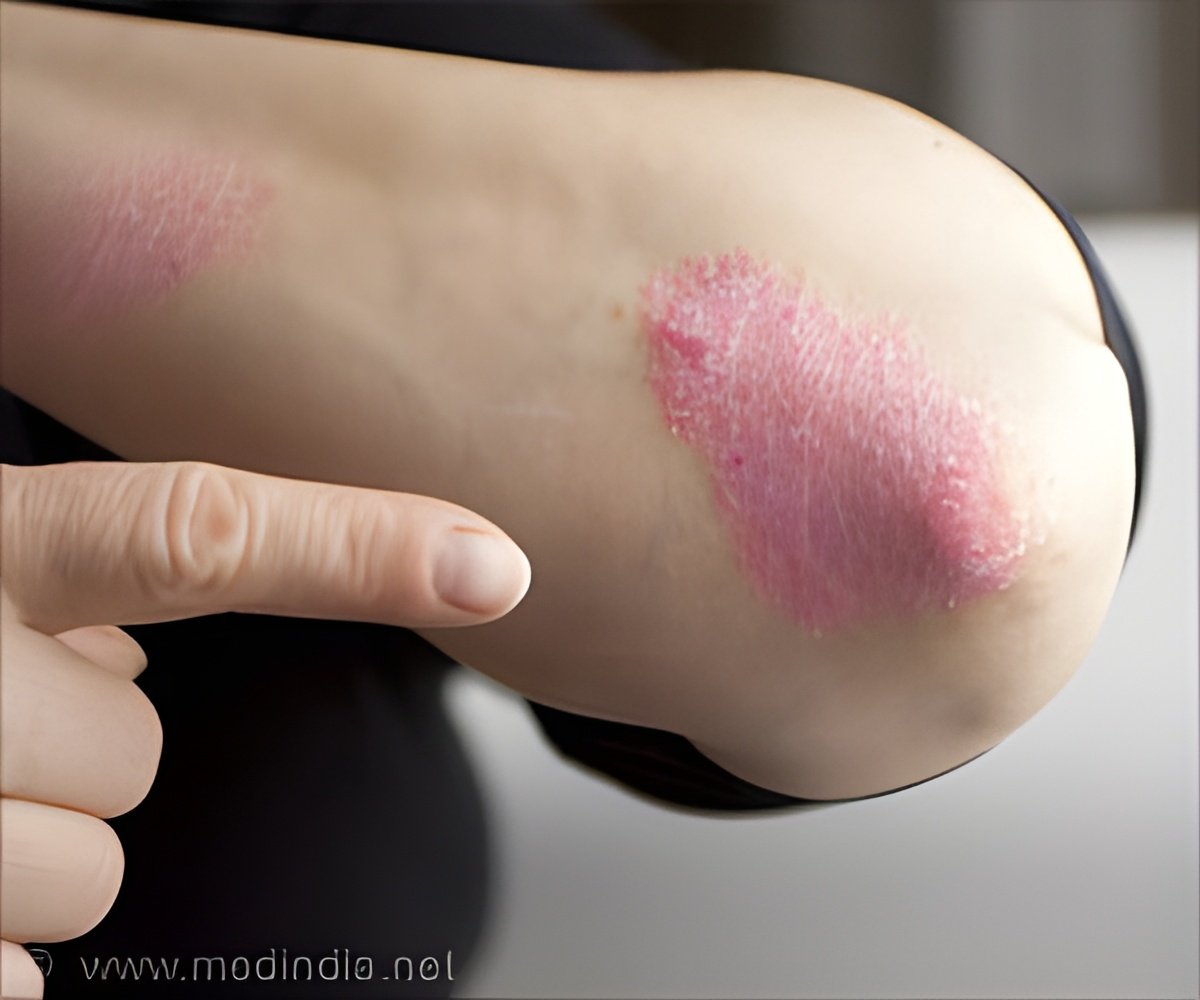
‘Most psoriasis treatments do not kill the disease causing T cells, but instead temporarily suppress their activation.’
Tweet it Now
It's been challenging to zoom in on the population of T cells driving the disease in part because when psoriasis is active, lesions are flooded with diverse T cells. But Clark and her colleagues have taken a new approach: instead of looking during the height of activity, they examined lesion sites after treatment, and identified T cell receptors of cells at these sites that were shared across psoriatic patients but not found in healthy individuals or those with other skin conditions.
The team's findings are reported in the Journal of Clinical Investigation.
"When psoriasis is treated, T cells that flooded in during inflammation recede like the tide," said Clark who is the corresponding author of the paper. "They leave behind a population of cells that stand out."
The population of T cells that remains are tissue resident memory cells, which live long term in skin and, when functioning properly, should be fighting infection.
Advertisement
To identify this T cell population, the researchers took biopsies at the sites of active lesions before treatment and biopsies of the same skin areas after the lesions had cleared on therapy.
Advertisement
These shared T cell antigen receptors were found only among cells from psoriatic patients, not in cells from healthy controls or people with skin conditions such as atopic dermatitis. This work highlights the fact that most psoriasis treatments do not kill these disease causing T cells but instead temporarily suppress their activation.
Now that they have identified the long lived, skin resident T cell population that appears to be driving recurrence, the team plans to search for new therapies that can deplete these resident T cells, potentially driving the disease into long term remission.
"We believe these resident memory T cells are the root of the problem. Imagine these cells are teenagers throwing a party. They invite lots of other cells to the site of the party, making it hard to identify them while the party is in full swing. It's only after inflammation dies down and everyone else goes home that we can see these culprits," said Clark.
"A small number of cells can cause so much trouble. But depleting this population of cells may be the key to slowing down this disease or preventing its recurrence."
Source-Eurekalert














